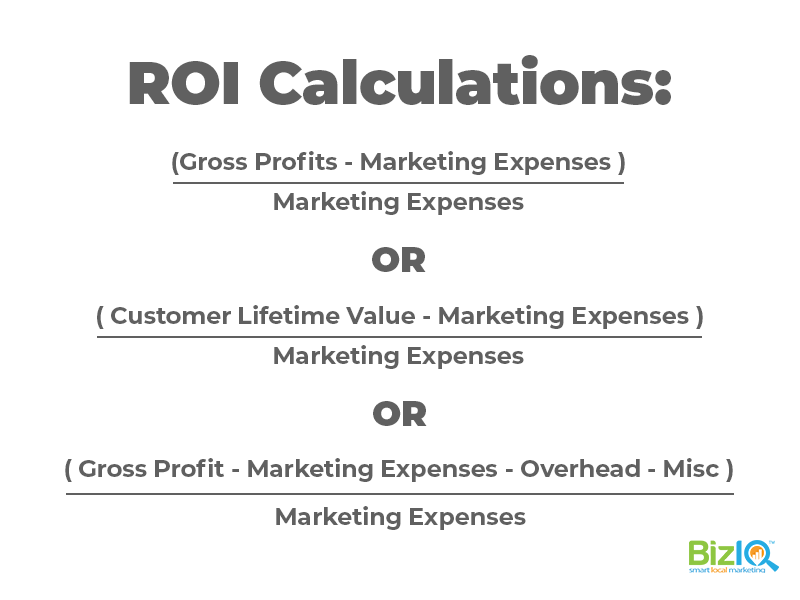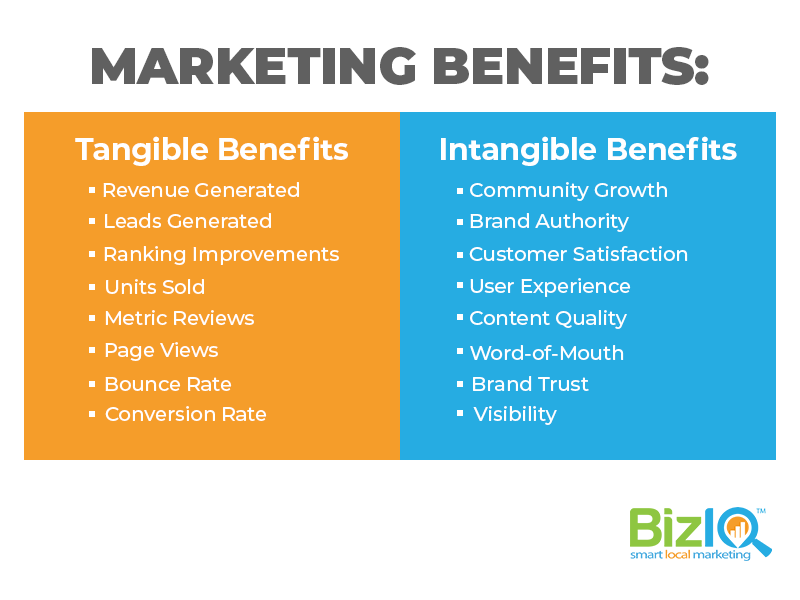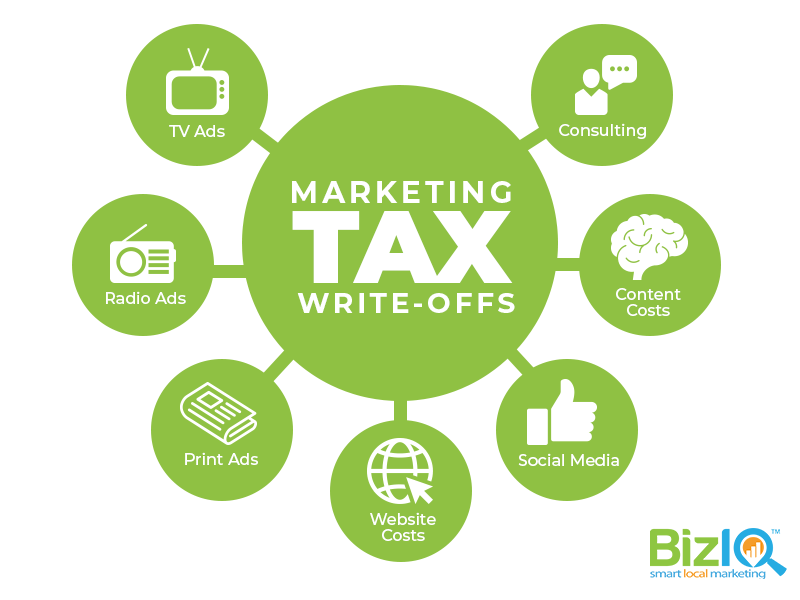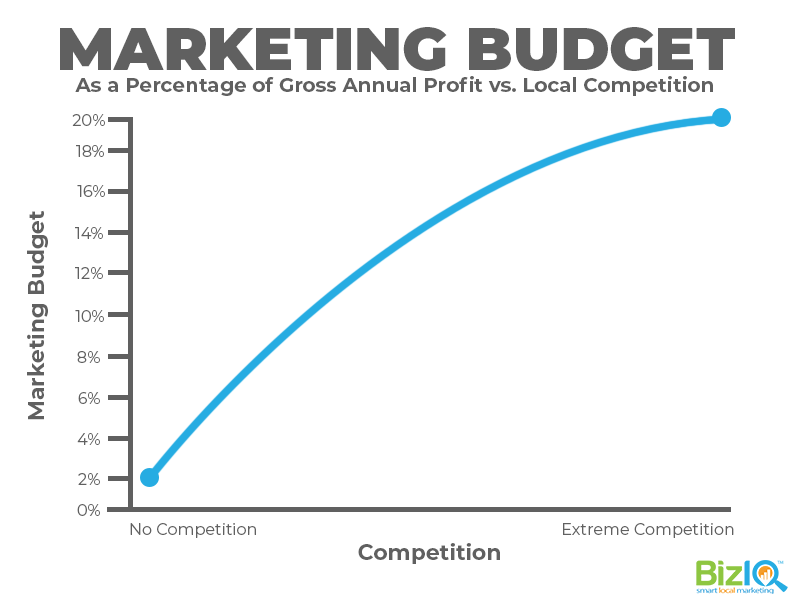It can be a daunting process when a small business owner sits down at the end of a year, to review the total small business marketing expenses for the previous twelve-month period. However, this review is a necessary task. That’s because it’s essential to know just how much money you spent on marketing, and what the return was for that marketing expense.
If the return was less than desired, then some other marketing tactics should probably be used. And if your business achieved an excellent return with last year’s marketing spend, it’s likely that you should strive for more of the same for the coming year.
Are you Getting Your Money’s Worth? How to Calculate the ROI for your Marketing Expenses
There are many ways that business people have calculated Return on Investment historically. The formula used will generally depend on which factors are most important to your business. For instance, gross profits are a good bottom-line figure to use in calculating ROI. Therefore, some small businesses calculate ROI by subtracting their total marketing investment from the gross profits for the year, then dividing by the marketing investment. Thus, a year which yielded $250,000 in gross profits, and saw you spend $50,000 on digital marketing would look like this:
250,000 – 50,000 / 50,000 = 4.0 or 400%
Some companies prefer to use Customer Lifetime Value instead of gross profits because it measures the profit value of a specific customer over their lifetime with your company. Others prefer to subtract small business marketing expenses, as well as overhead and incremental expenses from gross profits before dividing by marketing expense. Regardless of which formula you use though, the point is that Return on Investment is a quantifiable number you can use to determine how effective your marketing campaigns for the year actually were.

Benefits of an Annual Small Business Marketing Budget
In virtually all cases, small business owners should see that digital marketing expenses for the year were justifiable because they did significantly impact profits. It should also be pointed out that you can perform the ROI calculations above against individual marketing campaigns that you conducted during the year. This method of calculating ROI has the advantage of making it clear exactly which campaigns were most successful, and which were less successful. Those who failed to generate the desired ROI could be tweaked before the next attempt or dropped altogether.
Almost every single business will get a lot more from their marketing expense than what their actual investment indicated. Marketing will differentiate you from the competition, it will inform your customers about what you’re selling, and it will help you to engage with your customers. It will also establish your company in the marketplace, and keep your brand before the public eye, so that you can maintain visibility with consumers. An outstanding campaign can also level the playing field, to the point that you’re on equal footing with the major players in your industry.

Some of the benefits mentioned above are tangible benefits, and some are intangible, but the intangible benefits may be just as crucial to the survival and prosperity of your business as the hard, touchable benefits. For this reason, your annual digital marketing expenses should be considered an absolute necessity. Just think what would happen if you decided to save the money and spend nothing whatsoever on marketing – your company might disappear entirely from the public consciousness, and that would probably translate into plummeting sales.
“A man who stops advertising to save money is like a man who stops a clock to save time.” – Henry Ford
Are Marketing Expenses Tax Deductible?
Are marketing expenses a tax write off? Some business people are unclear about this, but there is a pretty simple answer to the question. Marketing and advertising expenses can be entirely written off in the year during which marketing money is spent, provided that those expenses are necessary, reasonable, and ordinary. While these criteria are admittedly somewhat vague, they have been tested in the court system frequently, so that most companies have a relatively good understanding of what is meant by them.
To have a marketing expense be considered ordinary and necessary, there must be an apparent connection between the marketing expense and the company’s ability to reach customers with some kind of message. That message must relate to the company brand or its products and services.

The third criterion for acceptability as a write-off is that the expense must be reasonable. That is often the most ambiguous term to fulfill, but in general, anything which pertains to bringing the company’s name or products and services before the public in a business-like manner is considered reasonable.
This criterion brings into play almost all forms of marketing and advertising, including all the following:
- advertising on television or radio
- advertising in magazines or newspapers
- any expenses related to advertising on your website or in the social media
- website hosting and maintenance fees
- fees paid to website design companies, copywriters, and marketing and advertising consultants.
So, if you’ve been wondering to yourself, “Can I write off marketing expenses?”, the answer is almost always a resounding ‘Yes’!
How Much Should you Allocate to Marketing Each Year?
There are several approaches you might use to calculate how much money you should allocate to marketing each year. If you’d like to stay in line with your competitors, you can research how much they spend on marketing, and tailor your own marketing expense to theirs. However, this only works if your competitors are approximately the same size as your business. If the competition consists of much larger companies than yours, they will generally have more significant resources to allocate to marketing.

A universal method of calculating market spend for any given year would involve gauging how much competition you have locally and nationally, and then reacting to that. For example, if you’re in a business with relatively low competition, you might only have to spend 1% or 2% of your gross sales amount on marketing. In an area where competition is fierce, however, you may need to spend 15% or 20% of your annual gross sales amount on marketing and advertising.
Manage Your Marketing Expenses
The money you spend on marketing and advertising is always well-spent. It will keep your brand out there in the public awareness and will sustain you even when business is slow. Since practically everything you spend on marketing can be written off at tax time, it is a very worthwhile investment, which every business person should take advantage of. The benefits derived from marketing are both tangible and intangible, and all these benefits certainly justify the investment made in marketing. Check out our affordable marketing packages for small businesses.









